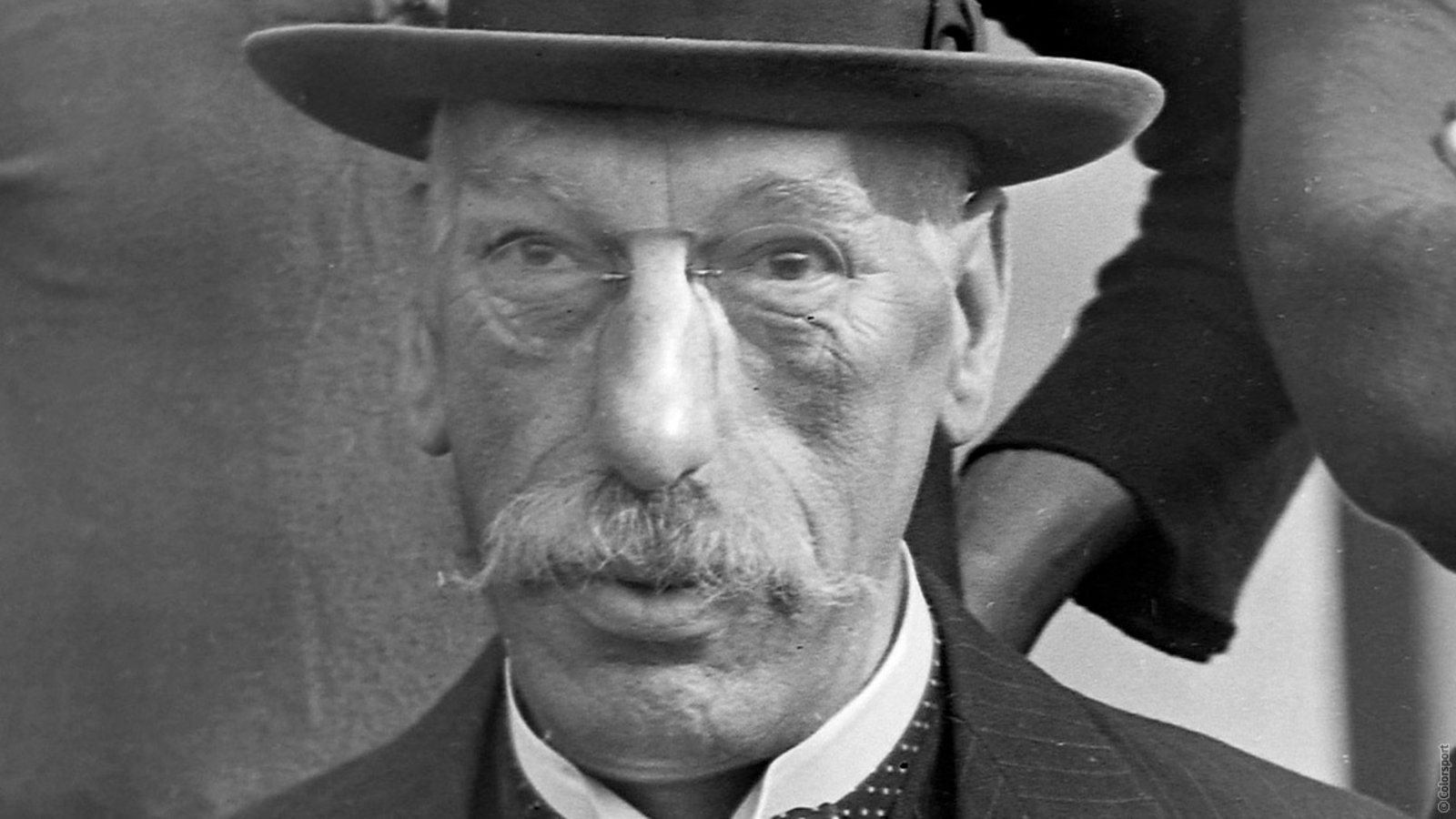2024/25 will see us reach 100 consecutive seasons in England’s top-flight, but the story about how that run started has gone down in football folklore, and contributed to our biggest rivalry.
While our derby days between us and Tottenham Hotspur are sparked by geographical location and football history, one particular decision in 1919 that kick-started our century of top-flight campaigns did little to bond us with our neighbours.
The story begins with us finishing sixth in the 1914/15 Second Division season – the final campaign before football was suspended due to World War I. After a four-year wait, in 1919 the Football League decided to restart and increase in size from 40 to 44 teams, split equally into leagues of 22.
During previous expansions in 1898 and 1905, the top Second Division sides were promoted as usual, and indeed on this occasion Derby County and Preston North End did move into the First Division. The two teams that were relegated meanwhile would appeal to the rest of the Football League clubs to avoid demotion, and in this case, Chelsea and Tottenham were looking for a stay of execution.
The Blues’ nomination was a foregone conclusion because their relegation had been controversial. Manchester United had only escaped the drop on the final day as a result of fixing their game against Liverpool, and ultimately the other clubs unanimously voted to reinstate the hard-done-by west Londoners.
With one other spot up for grabs, Tottenham pleaded their case to the other league clubs, while Barnsley, who finished third in the Second Division, thought they also merited a spot if the Lilywhites were demoted.
However, our chairman Sir Henry Norris was also pushing hard for us to be included in the promotion discussions. Norris had saved the club from voluntary liquidation in 1910, and moved us to north London in 1913 when we swapped Woolwich in south-east London for Highbury. Now he was looking for us to return to English football’s elite, albeit by an unconventional method.
This is where the rumours start creeping in. Over the years, it has commonly been alleged that Norris influenced the Football League chairman and owner of Liverpool, John McKenna, who then delivered an impassioned speech to a Football League committee when the time came to cast the votes for the 22nd and final spot in the First Division in March 1919
However, despite newspapers at the time reporting many other details from that AGM, none made any mention of McKenna’s suggestion that we should be elected ahead of Tottenham. What is known is that of the 41 votes cast, we received 18, 10 more than second-placed Tottenham.
| Club | Votes |
|---|---|
| Arsenal | 18 |
| Tottenham | 8 |
| Barnsley | 5 |
| Wolves | 4 |
| Nottingham Forest | 3 |
| Birmingham | 2 |
| Hull | 1 |
Some of the reasons suggested as to why we were granted promotion were that we had always been supporters of the Football League rather than the rival Southern League – indeed we had been the first team from the south to be included in the Football League when we joined in 1893, even if it meant we regularly had to pay for costly travel up north for away matches.
It was also suggested that with Chelsea being the only other London-based side, another would help boost publicity for the division from the Fleet Street press, stave off competition from the Southern League, and that our opponents enjoyed playing in London more frequently.
Whatever the reasons, the Gunners were back in the top-flight for the first time since 1913, and we kicked off the campaign with a 1-0 loss against Newcastle United at Highbury on August 30. We would end our first campaign back in the elite a credible 10th, while Spurs made a swift return by winning the Second Division at the first attempt.
What can’t be disputed is that Norris’ legacy is still felt 106 years later. He could never have imagined that his canvassing would start the ball rolling for us to become the only club to complete 100 consecutive top-flight seasons, and make derby days all the more sparky.
Copyright 2025 The Arsenal Football Club Limited. Permission to use quotations from this article is granted subject to appropriate credit being given to www.arsenal.com as the source.
